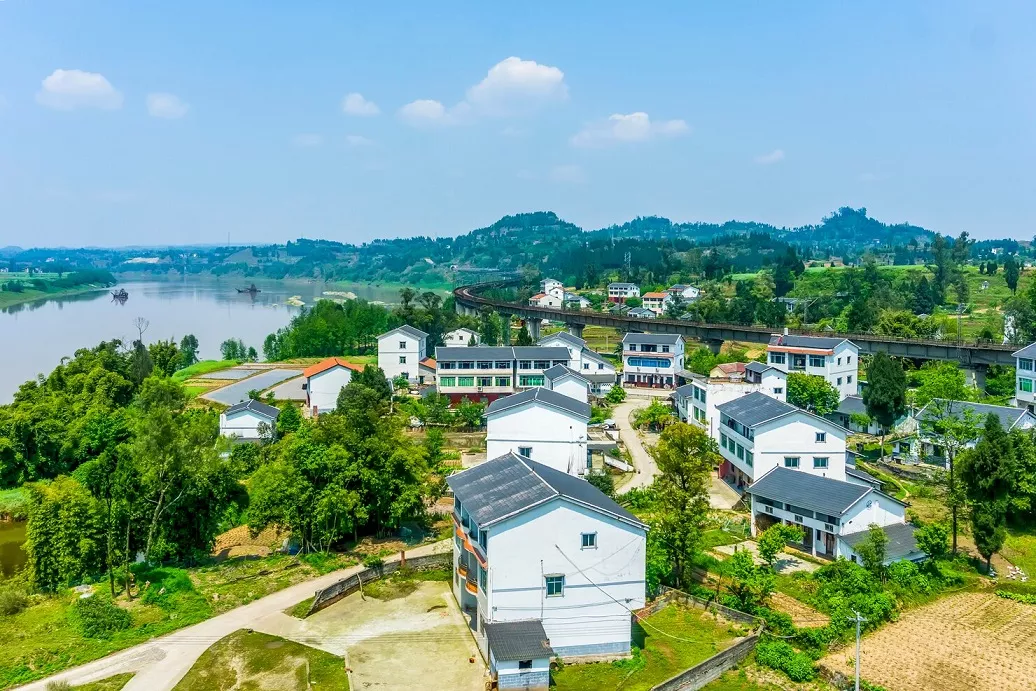In Nigeria, land titles are categorized into various types, each representing a different level of ownership rights and recognition by the government.
Understanding the different types of land titles is essential for individuals and investors navigating the Nigerian real estate market and ensuring secure ownership rights over land assets.
The types of land titles in Nigeria include:
Certificate of Occupancy (C of O):
The Certificate of Occupancy is the highest form of land title and represents absolute ownership rights over the land. It is issued by state governments or the Federal Capital Territory Administration (FCTA) in Abuja. The C of O grants the holder exclusive rights to use, develop, and transfer the land, subject to compliance with land-use regulations and payment of appropriate fees and taxes.
Right of Occupancy (R of O):
The Right of Occupancy is similar to the Certificate of Occupancy but is issued for land located in areas designated as urban or rural by the government. It grants the holder the right to use and occupy the land for a specified period, usually 99 years, renewable upon expiration. The R of O does not confer absolute ownership but provides secure tenure and usufructuary rights to the land.
Deed of Assignment:
A Deed of Assignment is a legal document used to transfer ownership rights from one party to another . It is commonly used in transactions involving the sale or transfer of land. While a Deed of Assignment does not provide government recognition of ownership like a C of O or R of O, it serves as evidence of the transfer of interest in the land between parties.
Deed of Conveyance:
A Deed of Conveyance is another legal document used to transfer ownership of land from a seller (grantor) to a buyer (grantee). It is typically executed after the payment of the purchase price and signifies the completion of the land transaction. Like a Deed of Assignment, a Deed of Conveyance does not provide government recognition of ownership but serves as evidence of the transfer of title.
Statutory Right of Occupancy:
Some states in Nigeria issue Statutory Rights of Occupancy, which are similar to R of Os but are governed by specific state laws and regulations. These titles provide secure tenure and usage rights over land, subject to compliance with statutory requirements and payment of fees.
Registered Land Title:
Land titles can also be registered under the Land Use Act of 1978. This involves the registration of interests in land with the relevant land registry or government authority. Registration provides a public record of ownership and encumbrances on the land, enhancing transparency and security of land transactions.
Customary Right of Occupancy:
In rural areas and customary land tenure systems, individuals or communities may possess land under customary rights of occupancy. These rights are based on customary laws, traditions, and practices and are recognized by the government. Customary rights of occupancy may be converted to statutory rights of occupancy through regularization processes.
Leasehold Title:
Leasehold titles grant the holder the right to use and occupy the land for a specified period, subject to the terms and conditions of the lease agreement. Leasehold titles are commonly issued for government land, commercial properties, or residential developments, with lease durations varying from a few years to several decades.

Be First to Comment